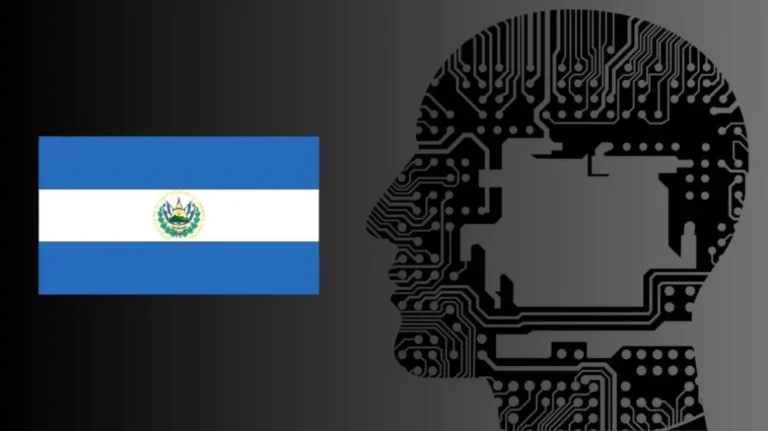The World Bank has revealed that in El Salvador the impact of generative artificial intelligence (AI) is already beginning to be felt in the workplace. According to its estimates, 13% of jobs in the country could benefit from an increase in productivity thanks to the use of this technology. However, it also warns that 4% of jobs would be at risk of total automation.

In the regional context, between 26% and 38% of jobs in Latin America and the Caribbean are exposed to the effects of Generative AI (GenAI). This technology, which has advanced at an accelerated pace, has the potential to radically change the labor landscape in the coming years.
According to the report, between 8% and 14% of jobs in the region could experience significant improvements in productivity. This impact will be most visible in urban areas, educational sectors and formal jobs, as well as among people with higher incomes.

However, a risk is also noted: 2% to 5% of jobs could be completely automated by the current capabilities of GenAI. This situation poses significant challenges for certain job sectors that could disappear or be drastically transformed.
One of the biggest barriers to harnessing the potential of this technology is unequal digital access. Nearly 17 million jobs that could benefit from AI face obstacles due to lack of connectivity or adequate technological infrastructure.

The World Bank urges governments to take urgent and strategic action. Policies that protect jobs, promote digital equity, and maximize the benefits of GenAI need to be implemented. This will ensure inclusive growth and sustainable development in the region.






